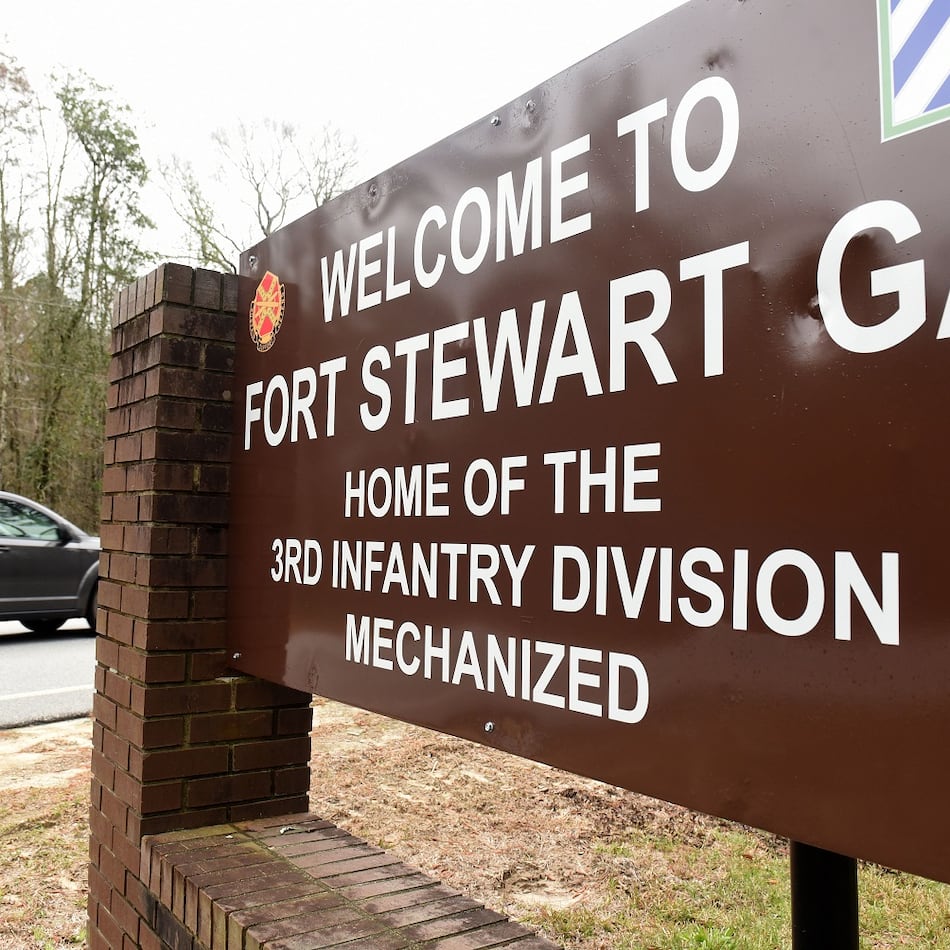Even death isn’t immune to the lousy economy.
Georgians keep dying, of course, but the recession and its aftermath force families to find cheaper ways to send loved ones into the hereafter. The death industry – tombstone carvers in Elberton, coffin salesmen in Atlanta, cemetery managers in Rome – suffer the scaled-back consequences.
“Before, if you had a $25,000 insurance policy on Uncle Bob, you would spend every dime to make sure he had a good funeral and the biggest monument possible,” said Doy Johnson, executive vice president of the Elberton Granite Association. “In today’s economy, when Uncle Bob passes away, chances are you’ll spend $750 on cremation and put the other $24,250 in the bank.”
Johnson estimates that headstone and monument sales are off about 15 percent since the recession started in late 2007. Meanwhile, a generational shift toward cremation that was already underway gets a boost as cost-conscious Americans opt for cheaper burials.
Still, the death industry isn’t taking the erosion of profits lying down. Funeral home directors offer on-site crematoriums and reception halls for non-death gatherings. Cemetery owners transform burial grounds into fair grounds or concert venues in hopes of appealing to future clients.
Lauren McDonald III just opened a funeral home in Dahlonega with gas fireplaces, iPad docking stations and a chapel that transforms into a banquet hall.
“I can sit back all day with a casket and a vault, but it’s what sets you apart that makes a difference,” McDonald said. “We want family and their friends to be comfortable. It’s all great for business.”
About 69,000 people died in Georgia last year and, no matter the religion, their bodies had to be disposed somewhere. Increasingly, they ended up in urns.
More than 14 percent of Georgians are cremated, according to the Cremation Association of North America (CANA), but the percentage triples in metro Atlanta. Nationwide, 36 percent of dead Americans were incinerated. CANA predicts nearly 60 percent of Americans will be cremated by 2025.
“Here in the Bible Belt we’ve got old-timey families that just don’t get that concept of cremation,” said Stan Rogers, who runs the city of Rome’s four cemeteries. “I’m considering it. When I pass my soul won’t be here anyways. Cremation just speeds up the process.”
Cremation, with a basic urn and some extras, costs $1,650 on average, according to CANA. A traditional funeral runs $7,775, without cemetery, headstone or flowers, according to the National Funeral Directors Association.
“Ten years ago families came and bought a very expensive casket, a lot of commemorative extras, guest registers, candles, flowers,” said Alysia McDonald, executive director of the Georgia Funeral Directors Association. “Depending on the economy, people may select more extras or less. In that regard, it’s just like any other business in the country right now.”
More cremations translate into fewer burials, coffins, vaults and graveside markers. Ten years ago, casket makers sold 1.9 million coffins. Last year, they sold 1.7 million.
The Elberton District, the five-county, granite-mining and memorial-making region northeast of Atlanta, expects less than $150 million in sales this year, according to Johnson, of the granite association. Prior to the recession, sales hit $174 million.
“We didn’t think the Bible Belt was going to succumb to cremation quite as quickly,” said Johnson, who also blames cheaper headstones imported from China for the sales decline.
Pre-paid funerals, a big moneymaker for undertakers, also suffer. Five years ago, McDonald & Son Funeral Home and Crematory in Cumming took in maybe $100,000 a month in pre-plan contracts, in which families can pay upfront, before someone dies. Lauren McDonald says he averages $60-$70,000 a month these days.
Cemeteries, too, report fewer pre-sales. Rome’s four cemeteries typically sold between 200 and 250 pre-need plots a year before the recession. Today, they average 150 pre-need and at-need sites annually.
“People are struggling to make ends meet, pay their mortgages and bills and they haven’t gotten any pay raises,” said Rogers who also heads the Georgia Municipal Cemetery Association. “Most of our sales are at-need sales when they pass away and have to have a grave.”
Josh Slocum, executive director of the nonprofit Funeral Consumers Alliance, hopes pre-need deals continue to dwindle.
“The tough economic times should remind people that you can’t show your love to the deceased by bankrupting yourself,” said Slocum, whose watchdog group is based in Vermont.
Cemetery and funeral directors adjust to the surge in cremations. A new mausoleum at Rome’s Myrtle Hill Cemetery, for example, will include 600 crypts – 490 set aside for cremains. Cremation interments there cost one-third or one-half the price of a traditional burial. Rome also allows cremated remains to be interred on a family plot, provided there’s enough room.
“This way you don’t have to purchase another lot," Rogers said. "It saves money and it’s very popular.”
The once-staid death industry has gotten more creative filling its cemeteries and funeral parlors. Rome, for the first time, hired a marketing firm for its mausoleum. Cemetery managers around the country put on promotional concerts, firework displays, barbecues and other entertainment. A Seattle cemetery hosted a pumpkin harvest festival with hayrides. A funeral home and cemetery sponsored a traveling version of the Vietnam Veterans memorial.
The festivities “no doubt lessen a cemetery’s stigma and remind people that the cemetery down the street is part of the local community,” said Lisa Marshall, a spokeswoman for Services Corporation International, the biggest funeral and cemetery company in North America.
Funeral homes, too, change with the times. McDonald & Son in Cumming offers an on-site crematorium and two rental caskets used prior to cremation. Its Crematory Options Room displays urns for UGA fans, hunters, fishermen and sailing enthusiasts. (It floats for five minutes.)
McDonald’s reception hall doubles as a community center. The local Republican party, bridge and Mahjong clubs have used the airy, well-lit space. McDonald also hosted 100 Forsyth County seniors for burgers and bingo.
“People use it at no charge,” McDonald said. “It brings goodwill to us.”
He says business is steady despite the surge in cremation and the dirge-like economy. Funeral add-ons, like webcasting services for out-of-town celebrants, or sales of “Celebration of Life” DVDs, memorial candles and medallions, help cover a decline in “traditional” funerals.
“We put the ‘fun’ in funeral,” McDonald said. “But we have to be very sensitive and make sure we don’t offend anyone. We are an important part of life.”
About the Author
Keep Reading
The Latest
Featured


